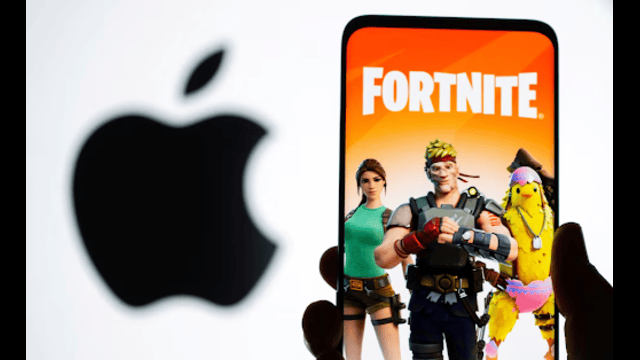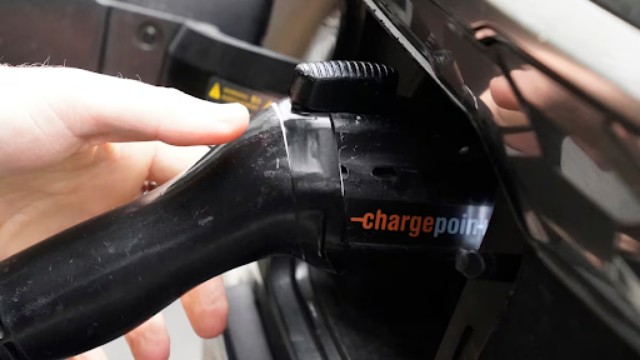
Apple's AirPods Pro 2 will soon include a new feature that functions as a hearing aid. CNN
In a groundbreaking announcement at its recent product showcase, Apple revealed that its latest AirPods Pro will now serve a dual purpose as clinical-grade hearing aids. This new feature aims to offer a more affordable and accessible solution for the millions of people experiencing mild to moderate hearing loss.
Apple’s Sumbul Ahmad Desai, Vice President of Health, highlighted the significance of this advancement, stating, “We’re adding this groundbreaking capability to help more than 1 billion people living with mild to moderate hearing loss.” The upgraded AirPods Pro will use advanced technology to enhance sound clarity and vibrancy, making it easier for users to hear everyday conversations and environmental sounds. The feature employs machine learning to adapt in real-time, optimizing hearing based on the user’s surroundings and activities.
Traditionally, prescription hearing aids have been expensive, often costing thousands of dollars. Apple’s new AirPods Pro 2, priced at C$329, offer a more cost-effective alternative. However, while they represent a significant step forward, they may not be suitable for everyone. Users will need to undergo a hearing test through the AirPods Pro app, which will tailor the hearing aid functionality to their specific needs. This personalization boosts essential sounds, such as speech, and can adjust according to the user’s environment.
This innovation comes on the heels of a significant regulatory change. Two years ago, the U.S. Food and Drug Administration (FDA) authorized the sale of over-the-counter hearing aids, allowing individuals with mild to moderate hearing loss to purchase these devices without a prescription. This change aimed to address the high cost of traditional hearing aids and the barrier it posed for many seeking treatment. Apple’s new feature aligns with this trend, providing a more affordable and accessible option.
While the AirPods Pro’s hearing aid feature is a promising development, it is essential to note that it does not replace professional medical advice. The FDA still requires individuals under 18 to obtain hearing aids through a prescription. Additionally, over-the-counter devices like the AirPods Pro are not designed for those with severe or profound hearing loss. Such individuals should consult with a healthcare professional to explore appropriate solutions.
Apple anticipates receiving FDA clearance for this new feature shortly, which would officially classify the AirPods Pro 2 as a regulated medical device. The hearing aid functionality will be accessible through a software update later this fall in over 100 countries, including the United States, Germany, and Japan.
This move is part of Apple’s broader strategy to integrate health features into its products. For example, the Apple Watch already monitors heart rhythms and can alert users to potential issues like atrial fibrillation and sleep apnea. The company’s entry into the hearing aid market with its AirPods Pro reflects its ongoing commitment to leveraging technology to improve health outcomes.
Barbara Kelley, Executive Director of the Hearing Loss Association of America, expressed enthusiasm about the announcement. She noted the potential for such innovations to reduce the stigma associated with hearing loss and encourage more people to seek help. Kelley remarked, “This is what we wanted in the market, to see technology innovation to really get people to pay attention to their hearing health.”
Despite the excitement, some users on social media have pointed out the AirPods Pro’s limited battery life compared to traditional hearing aids, which typically last several days. Nonetheless, the new feature is seen as a significant step forward in making hearing assistance more accessible and integrated into everyday technology.















